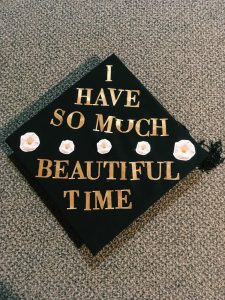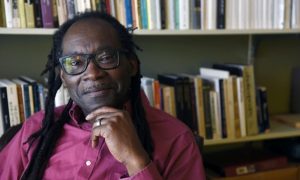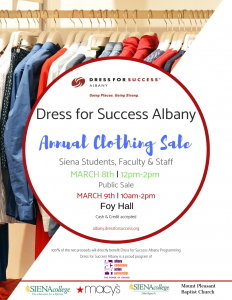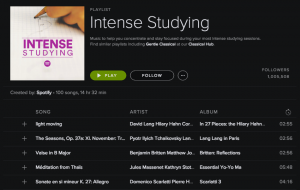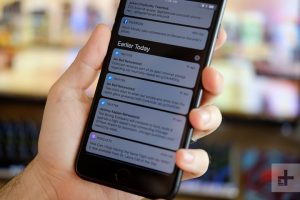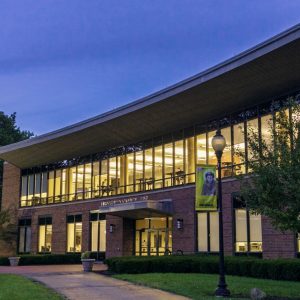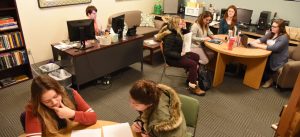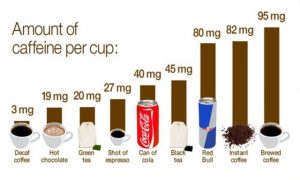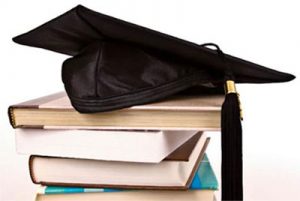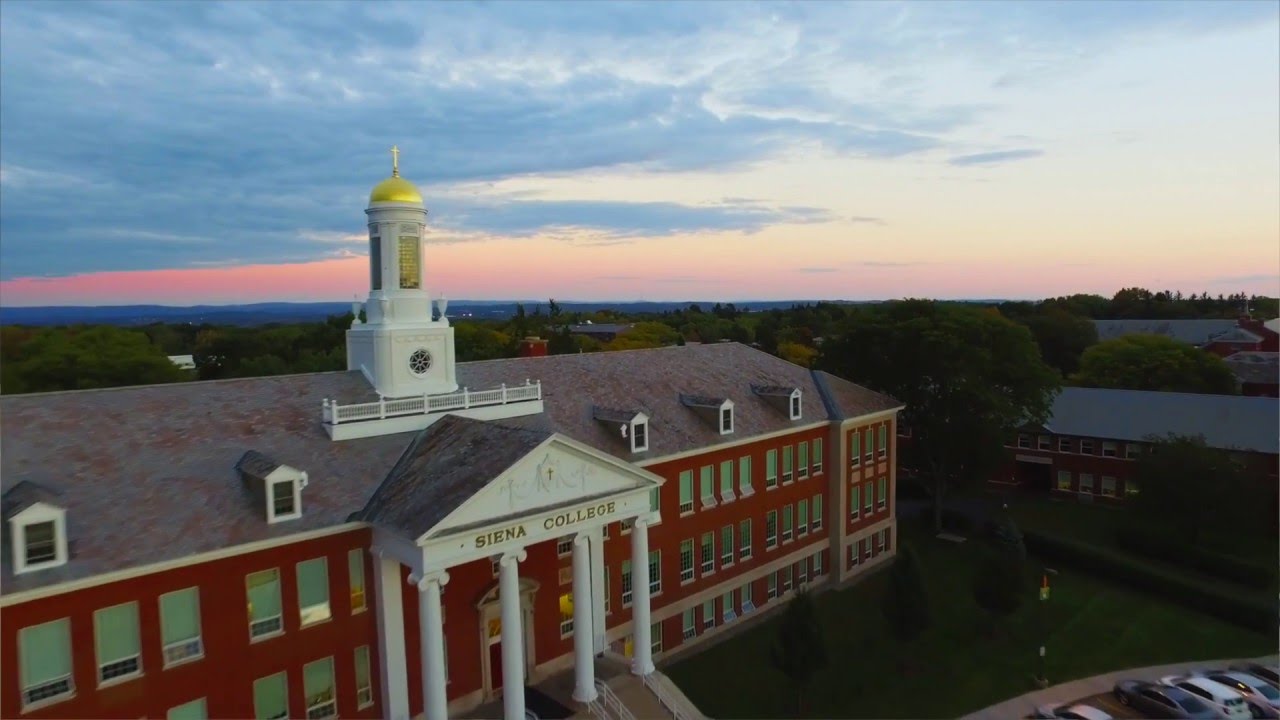In the age of social media, the lines between professional and informal, colloquial writing are blurred, which makes writing professional emails a worrisome topic for some students. With the semester winding down, you likely have some pressing, last-minute questions about a final exam, research paper, or project, requiring you to send an email to your professor. At this point in the year, you might have a great relationship with your professor from engaging with them in class or speaking with them during office hours. On the other hand, you might feel like you haven’t fostered a good relationship with them over the course of the semester. I never really sent emails to my teachers in high school, so I was largely unfamiliar with how to write formal emails when I came to college. Whatever the case, it’s important to know how to best represent yourself via emails not only in an academic setting but in the professional world.
1. Pay attention to grammar, punctuation, and capitalization. This may seem like an obvious one, but adhering to the conventions of standard English is important. You can even install a free service like Grammarly, which proofreads your emails for you and even makes suggestions for improvement. Proofreading your own emails can also help you catch a lot of these mistakes, so make sure you look it over before pressing “send.”
2. Include a salutation and signature. While emailing, be sure to include a greeting at the top of the email – “Hi [insert name here],” “Good morning [insert name here].” This is a friendly way to begin your email and also establishes that you view your relationship with your professor as a respectable, professional one. Make sure you spell your professor’s name correctly. At the end, include a signature or sign-off – “Best, [name],” “Sincerely, [name],” etc.
3. Make the subject line clear and informative. Instead of emailing your professor something vague (“help!”), make your subject line clear. If you have a question about the final exam, something like “Final Exam Question” will suffice. Including an efficient subject line will help your professor answer your question.
4. Keep your email informative. Don’t use your email as the chance to rant. Professors do not want to read paragraphs on paragraphs of how you’re struggling with your semester, failing all your classes, or just broke up with your significant other. Your email should not only be professional but also relevant to the concern you need to address – choose your words wisely.
5. Determine if your question would be better addressed during office hours. Professors have office hours for a reason. If your question concerns a personal problem or would require a lengthy response, it might be best to address it during office hours instead of over email. I can’t speak for all professors, but some may be more likely to help you if you make the effort to visit them during office hours and talk to them face-to-face.
6. Ask yourself – is this something I can look up on my own? This is arguably the most important tip on the list. As a college student, you should be resourceful, and your professor will often provide you with the resources you need to succeed – including the syllabus. Your syllabus should have information on test/assignment dates, a breakdown of the grading scale, and professor’s office hours. Be sure to check these resources before reaching out to your professor, as your question might be one you can easily answer on your own.
Crafting professional emails is an important skill that is relevant to both your academic and professional career, so be sure to learn patterns of proper email etiquette.

